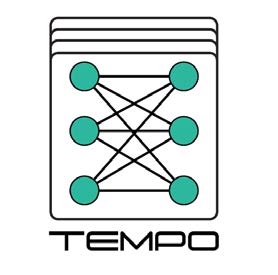European research cooperation: low-power chips for mobile AI applications

Increasingly, artificial intelligence and machine-learning algorithms are entering our day-to-day applications. At the moment, high-end server farms process the data in the cloud. However, sending data to the cloud costs energy, latency, and is often not preferred for privacy reasons. As such, artificial intelligence applications require energy-efficient local processing.
With the EU’s TEMPO project (Technology & hardware for nEuromorphic coMPuting), 19 partners from industry and research are working on developing low-power chips. The chips use new storage technologies for neuromorphic computing and enable applications to run on battery-powered mobile devices instead of cloud-based server racks. The intention is to set up a European AI hardware platform using these technologies. The project will leverage MRAM (imec), FeRAM (Fraunhofer), and RRAM (CEA-Leti) memory to implement both pulsed neural networks and deep neural network accelerators for eight different use cases, ranging from consumer goods to mobility and medical applications. TEMPO was launched on April 1, 2019, and has a duration of three years. From the Fraunhofer Group for Microelectronics, the Fraunhofer institutes EMFT, IIS, and IPMS are involved. The project is being financed by the ECSEL (Electronic Components and Systems for European Leadership) joint undertaking.
Last modified: